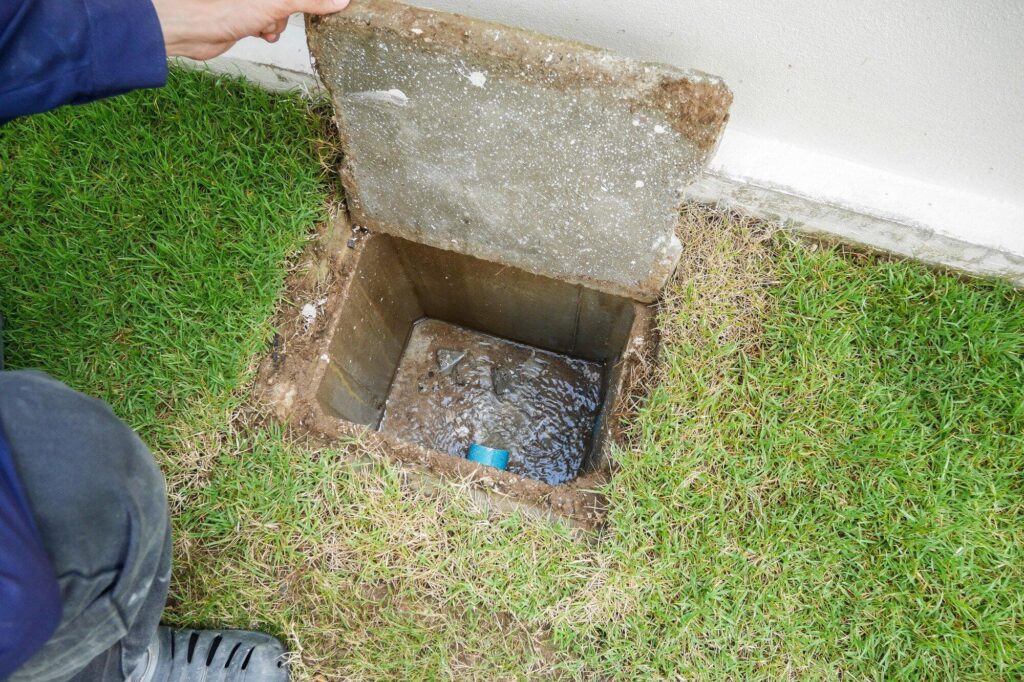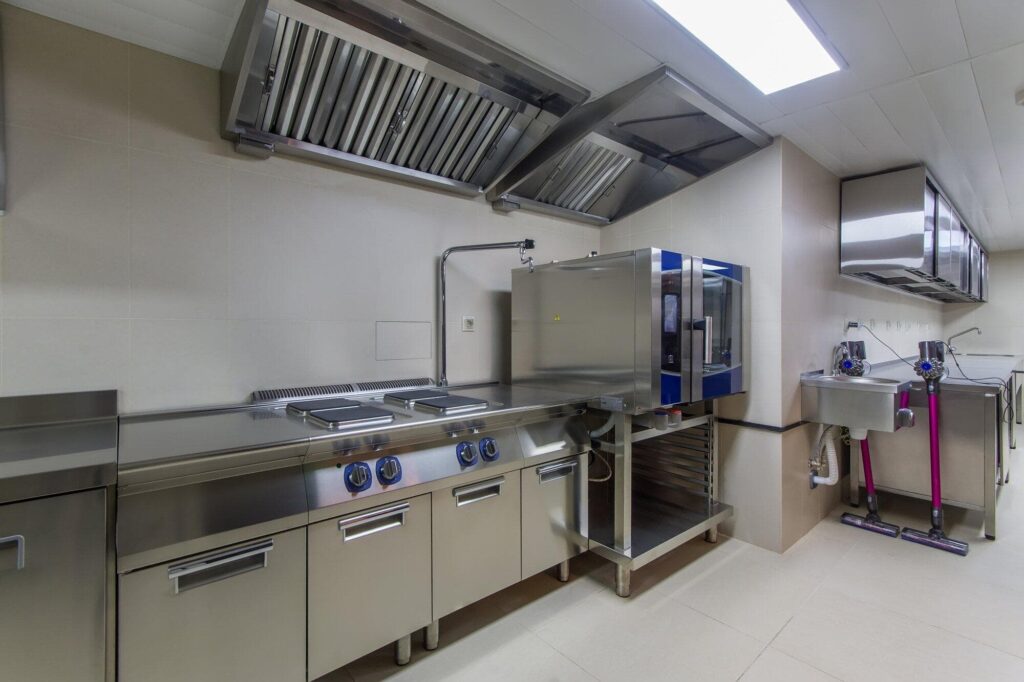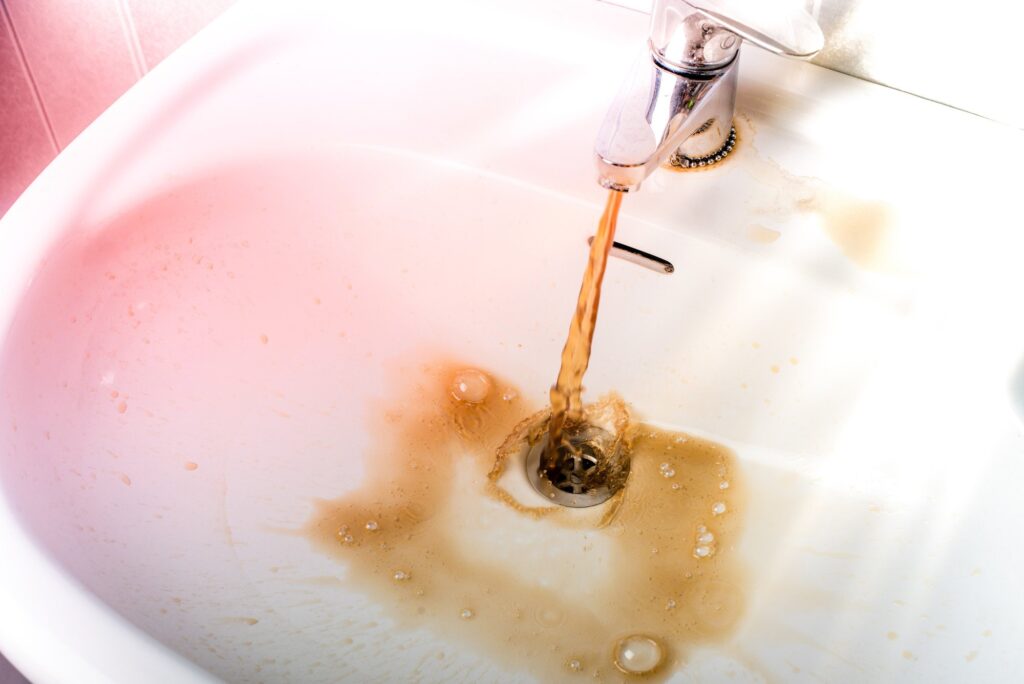Cesspools are often found on older properties and rural lots, and while they can function effectively with proper care, they require mindful usage and routine maintenance to remain in good working condition. At Ace Disposal, we educate homeowners and property managers on how to keep their cesspool systems running efficiently while avoiding premature failure or costly repairs. Here are some of the most important best practices to follow:
✔ Conserve Water to Prevent Overload
Unlike modern septic systems with leach fields or chambers, cesspools rely on simple absorption methods and can quickly become overloaded if too much water is introduced at once. Everyday habits like running multiple showers, flushing frequently, or using high-capacity appliances can strain the system. To protect your cesspool, be mindful of your water use—install water-efficient fixtures, repair leaky faucets, and avoid unnecessary flushing. Conserving water reduces stress on the system and extends its usable life.
✔ Space Out Laundry Days
Doing multiple loads of laundry back-to-back can send large volumes of greywater into your cesspool all at once, overwhelming the absorption capacity. To avoid flooding the system, spread laundry loads throughout the week. This simple habit helps the cesspool process water more efficiently and reduces the risk of backups or surface pooling. Whenever possible, use high-efficiency washers and choose the smallest load setting needed to minimize water output.
✔ Schedule Inspections Every 2 Years
Just because a cesspool appears to be working doesn’t mean there aren’t hidden issues developing below the surface. Regular inspections—ideally every two years—allow professionals to evaluate the system’s condition, measure sludge levels, and check for signs of structural degradation or saturation. Catching minor problems early, such as reduced percolation or damage to the pit walls, can prevent major system failures and costly repairs down the road. Our team at Ace Disposal provides detailed inspection reports and can recommend a custom maintenance plan based on your system’s age, use, and location.
By following these best practices, you’ll help protect your cesspool from overuse, extend its functional lifespan, and maintain a safer, healthier environment for your property and surrounding area. Whether you’re managing a rural homestead or an older commercial property, small preventive steps go a long way toward preserving system performance.
For expert cesspool maintenance, inspections, and pumping services, trust the team at Ace Disposal. We’re here to help you care for your system with confidence and ease.


